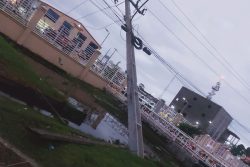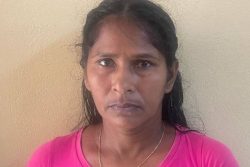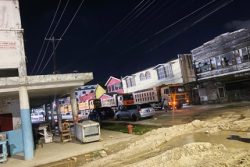Kiva.org is one of the most exciting online discoveries I’ve made within the past year. Kiva.org is a web-based interface which brings micro-loan lenders and borrowers together one business at a time, one US$25 loan at a time. According to their website, Kiva.org works with reputable micro-loan lenders/partners in poverty stricken countries. These organizations identify and solicit profiles from potential borrowers who would not quality for bank loans because of lack of collateral or income. The lenders are individuals in more developed countries who have an interest in making a difference in the lives of the working poor; who wish to encourage financial independence and self sufficiency and who have witnessed the long-term ineffectiveness of many donor programmes which do help individuals in the short term although many foster corruption or inevitably create a never-ending cycle of dependency. Did I mention that the loans were interest free?
Many of the loans requested are between US$500 and US$1,500. Borrowers like Yevgeniya Medvedva of the Ukraine who borrowed $1000 to stock a supply of household items to sell in her kiosk. She has 8 months to repay the loan and has already repaid 37%. Her business is thriving. There’s also Catherine Nyambura Kimani of Kenya who borrowed $750 to expand her clothing business. She has 24 months to repay and she’s already repaid 8% of the loan. There’s also the story of Sory Sor of Cambodia who needs $1000 to expand his pig rearing and rice-growing business.
The Kiva organization has had extraordinary success with this programme all around the world. The programme has been featured on “The Oprah Winfrey Show” on “NBC’s Today Show” and in former President Clinton’s wonderful book titled Giving. Borrowers have been successful with their small business ventures and they are repaying their loans at a very high rate. The question is asked why US$25, why not more? Well US$25 is a very tiny amount for one person to risk and with the more than 400 million potential lenders in the developed world with access to the internet, the combined resources quickly add up. What is particularly brilliant about this programme is that the lenders get to read the profiles of their borrowers, choose among applicants in several countries and business sectors and track the borrowers progress and repayment history all within the Kiva interface. Once the loan is repaid, lenders have the option of withdrawing or re-lending the proceeds. Of course, most lenders do not withdraw their dollars and several of them lend to several businesses.
The Kiva solution to economic independence for the working poor bypasses bureaucracy, bias, administrative overhead and other inefficiencies inherent in many social programmes and provides a direct solution to small business individuals. Too often, our solution to poverty reduction relies heavily on government. The Kiva solution stresses independence, hard-work and self determination. The Kiva organization has placed a bet that people who are treated with respect and who are given equal opportunity to funding will create their own solutions and ideas to get themselves out of poverty. A solution of this sort for Guyana’s working poor would provide extraordinary change in the lives of thousands of Guyanese. Hopefully, Kiva will soon add Guyana to the list of potential borrowers in order to allow our small businesses to benefit. Just imagine how it would change the lives of many if they could borrow without interest $100,000 to buy and raise pigs, chickens or goats or $200,000 to start your farming business or stock inventory in your stall in the market or to buy a machine to make your crafts production more efficient. If Kiva.org doesn’t add Guyana to its list of participating countries, then we should create our own Kiva. We have many brilliant Guyanese both in Guyana and in the diaspora who can make this a reality. The question is, would Guyanese in the diaspora lend US$25 to make a difference in the lives of the working poor? I think they would.







